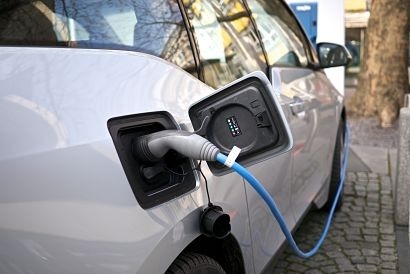
In January 2023, there were 37,055 public EV chargers according to figures from the Department for Transport. By July 2023, this number had increased to 44,020, indicating a trajectory of 13,930 new installations for the entire year. However, to meet the government's ambitious target of 300,000 chargers by 2030, an additional 255,980 chargers must be installed over the next 6.5 years. This requires an annual installation rate of 39,382 chargers.
Analysing the government’s data, MakeMyHouseGreen reveals the severity of the shortfall: the UK needs to bolster its installation rate by an astounding 182.71 percent. At the current trajectory, the target would be achieved in 2042, 18.38 years from 2024, 12 years after the intended target.
“The numbers don't lie” said Llewellyn Kinch, CEO of MakeMyHouseGreen, “The current pace is alarmingly inadequate. For the UK to transition smoothly to an electric future, a robust and accessible charging infrastructure is paramount. At this rate, we're set to hit our targets over a decade late, which is a significant concern for both consumers and the industry.
The government's strategy paper, launched in March 2022, concedes that the availability of public EV chargers is directly related to consumer confidence in EVs, stating: “We expect around 300,000 public chargers as a minimum by 2030. Our goal is to ensure these chargepoints are installed ahead of demand, inspiring confidence in drivers who have not yet made the switch.”
For each year that the government falls short of the installation target, the annual installation requirements grow as 2030 looms closer. A frantic rush to meet this goal in the years just before the deadline will hardly inspire consumer confidence. This is especially true given the added pressure consumers have already experienced from rising energy prices in the past year.
“With the recent high energy prices, there's an understandable apprehension among consumers about the true affordability of EVs” added Mr Kinch. “It's not just about the vehicle's price tag; it's about the cost of powering it. Helping households to transition to solar can alleviate some of these concerns. By creating an ecosystem where homes produce their own sustainable energy, we can smooth the path for EV adoption and ensure a greener, more cost-effective future for all.”
To ensure that the 2030 ban is effective, the government needs to address this pressing issue. A holistic approach that includes partnerships with private sectors, incentives for installation, and regulatory support may be necessary.
MakeMyHouseGreen.com is a solar platform that aims to help save UK homeowners thousands each year by making the most environmentally friendly choices with a complete end-to-end service focused on helping consumers choose the right solar panel system for their homes.
For additional information:

